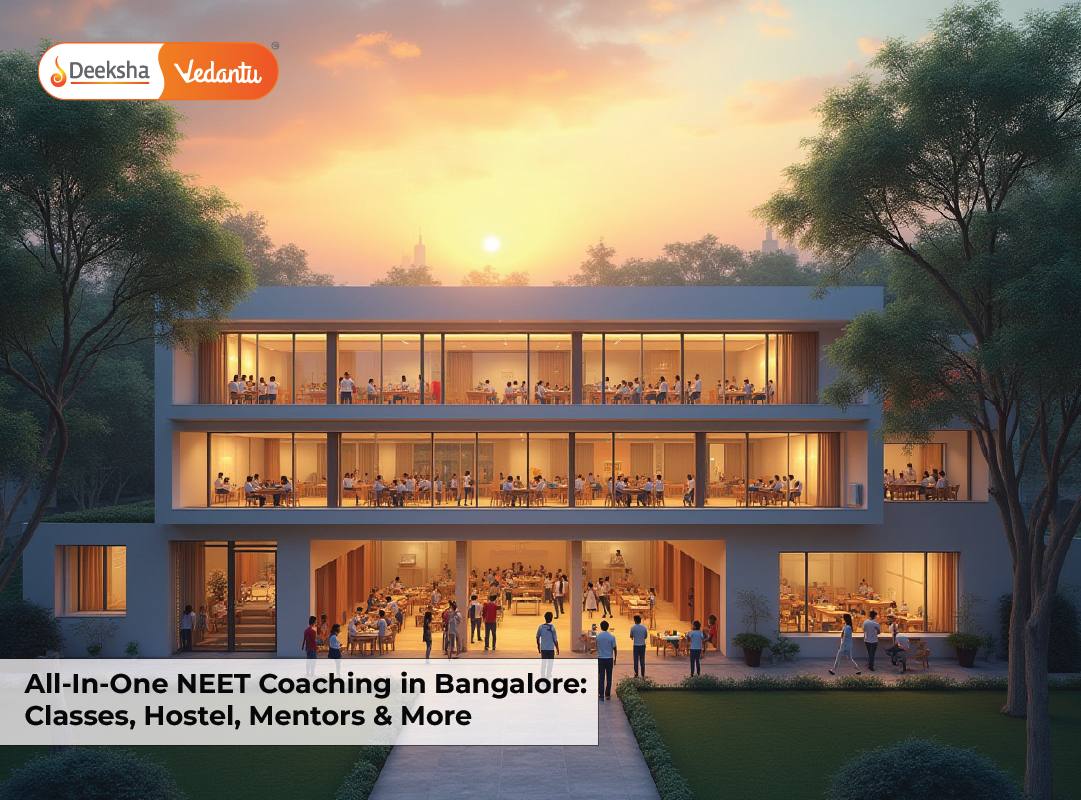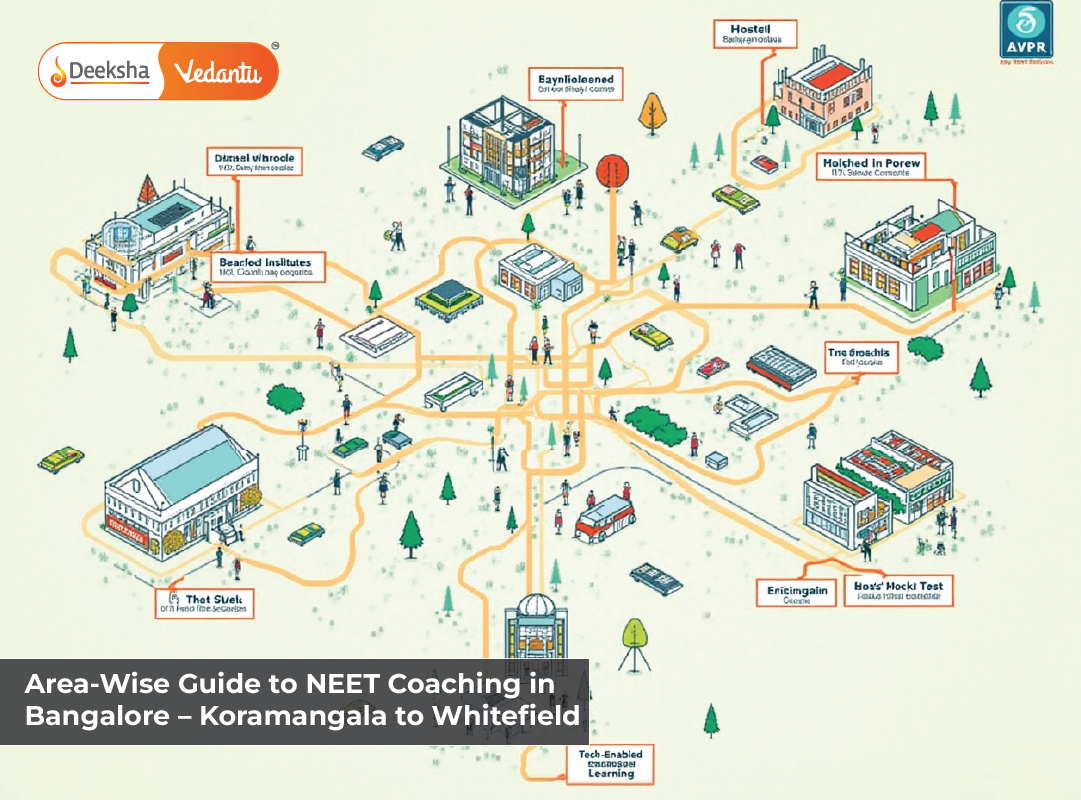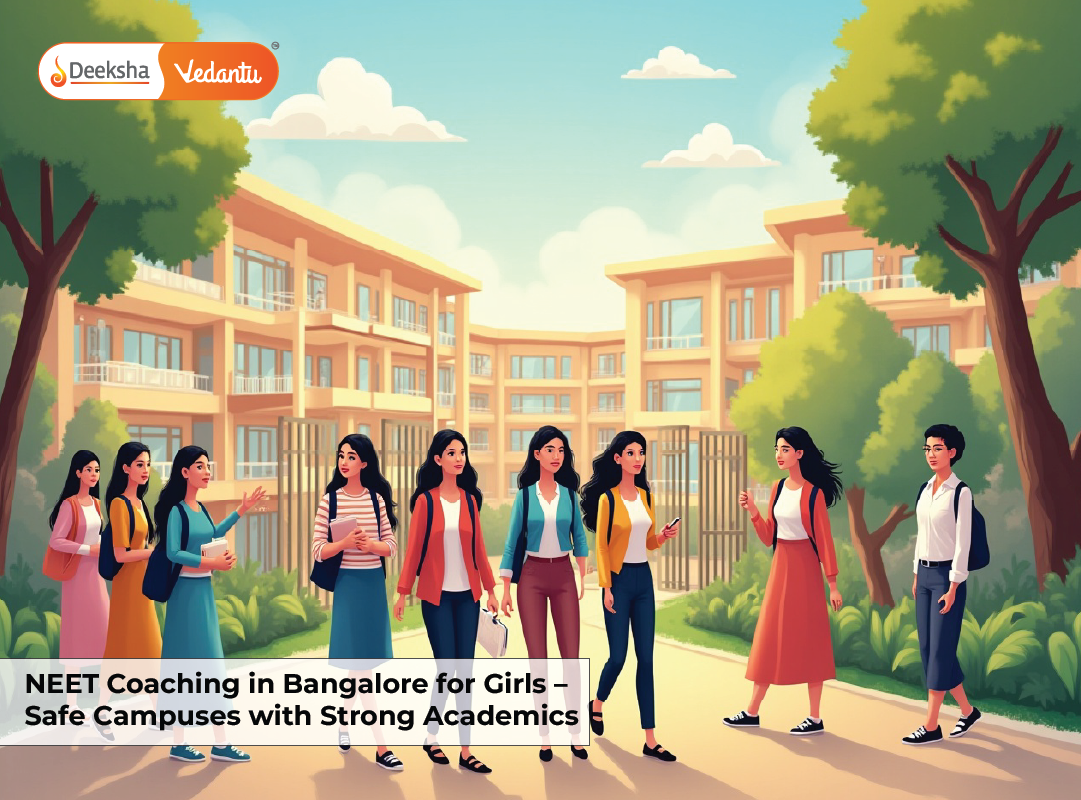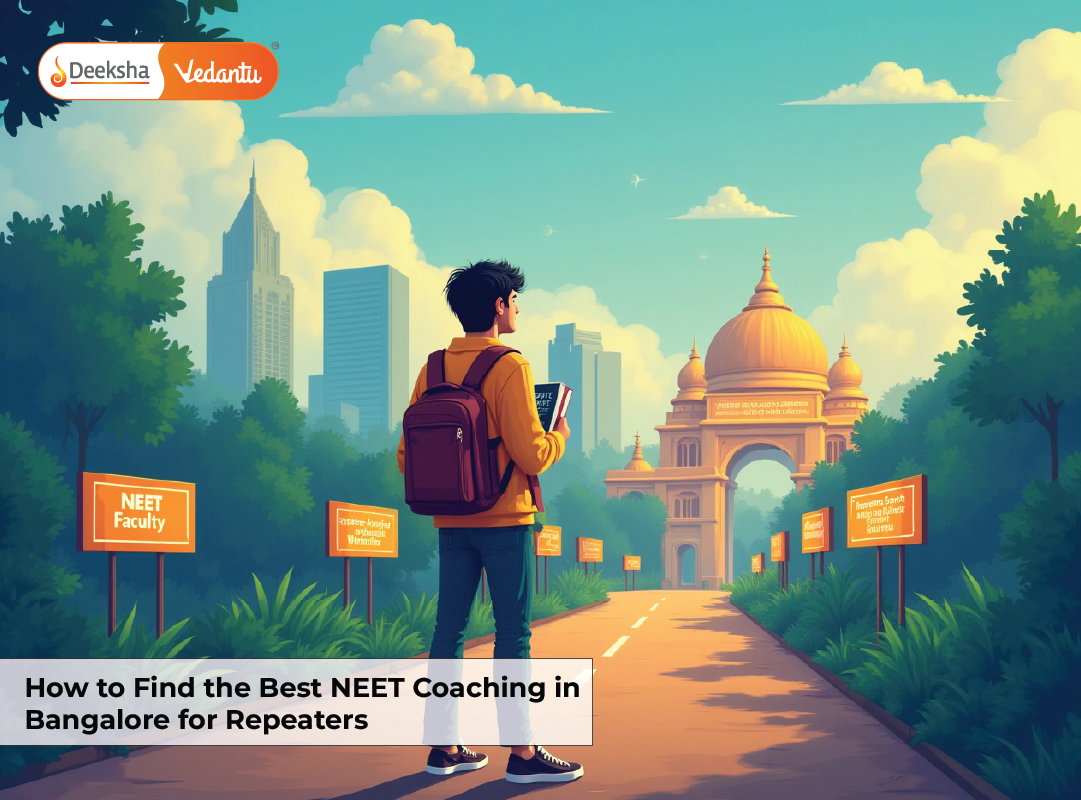Introduction
Bangalore, known as the educational and technological hub of India, has undergone a remarkable transformation in the field of Pre-University (PU) education. From a time when only a handful of traditional colleges existed, to a current scenario dominated by integrated PU programs and advanced digital platforms, the landscape has expanded significantly to accommodate the growing aspirations of students aiming for competitive careers.
As one of the most preferred destinations for PU studies in Karnataka, Bangalore is now home to a vast network of PU institutions that blend academic rigor with entrance exam preparation. This blog traces the journey of PU education in the city, examining historical roots, the rise of integrated learning models, technological interventions, challenges faced by public institutions, and the promising future ahead.
Historical Context of PU Education in Bangalore
The origins of PU education in Bangalore can be traced back to the British colonial period, with prestigious institutions like St. Joseph’s College and Mount Carmel College setting the stage for formal higher education. Initially, PU education—then referred to as intermediate education—was delivered through traditional classroom methods focused on academic content aligned with the state board curriculum.
During the 1960s and 1970s, PU education was primarily managed by government and aided institutions, with emphasis on classical subjects like science, arts, and commerce. Coaching for competitive exams was conducted separately, often outside of the regular school framework.
As the Indian economy liberalized and educational aspirations grew in the 1990s and early 2000s, the demand for quality pre-university education surged. Students no longer viewed PU education as just a transition phase, but as a critical foundation for securing medical, engineering, or professional college admissions.
The Rise of Private and Integrated PU Colleges
In the last two decades, Bangalore has seen an explosion in the number of private PU institutions, with some offering niche courses and others operating as large chains. A 2017 report by Times of India highlighted a 26% rise in private unaided PU colleges across Karnataka between 2012 and 2017, with Bangalore leading this expansion.
The most significant innovation during this period was the rise of integrated PU colleges. These institutions provided a dual advantage—board syllabus completion and concurrent coaching for competitive exams like:
- NEET (Medical entrance)
- JEE Main & Advanced (Engineering entrance)
- KCET (State entrance for engineering and pharmacy)
- CA Foundation (Commerce stream)
Key Features of Integrated PU Colleges:
- Synchronized curriculum planning
- Centralized testing and performance tracking
- Doubt-clearing sessions with expert faculty
- Regular parent-teacher meetings and performance reviews
Integrated education models proved especially beneficial in reducing the burden of traveling to separate coaching centers and allowed students to better manage their time and energy.
Residential PU programs at Deeksha Vedantu
Technological Advancements in PU Education
The introduction of digital platforms transformed PU education in Bangalore. Edtech innovations like smart classes, virtual labs, and online assessments changed the way students learned and interacted with content.
Notable Technological Integrations:
- Learning Management Systems (LMS): Platforms where students can access lectures, assignments, and tests anytime.
- AI-Powered Analytics: Track student performance, suggest improvements, and personalize learning plans.
- Hybrid Learning Models: Blend of live online classes with on-campus revisions.
- Mobile Apps: For flashcard-based revision, time management, and MCQ practice.
Institutions like Deeksha Vedantu led this shift by creating robust digital ecosystems that support both academic and emotional growth, especially post-pandemic.
Student-Centric Innovations in PU Education
The evolving expectations of students and parents have compelled institutions to adopt student-centric approaches that extend beyond textbooks.
Key Trends:
- Career Counseling and Aptitude Testing: Helping students align their interests with future careers.
- Mentorship Programs: One-on-one guidance to support academic and emotional well-being.
- Soft Skills and Communication Training: Prepares students for interviews and future opportunities.
- Flexible Subject Choices: Emerging trends like data science, artificial intelligence, and entrepreneurship are slowly being introduced at the PU level.
Challenges Faced by Government PU Colleges
While private colleges continue to thrive, government-run PU institutions often lag behind due to infrastructural and operational limitations.
Primary Challenges:
- Outdated Infrastructure: Lack of digital classrooms and well-equipped laboratories.
- Faculty Shortages: Difficulty in retaining experienced teachers due to lower pay scales.
- Lower Exposure to Competitive Preparation: Absence of integrated coaching mechanisms.
- Limited Career Guidance: Students lack access to mentors and counselors.
There is an urgent need for reforms and funding in the public PU sector to ensure equal access to quality education.
Impact of PU Education on Entrance Exam Success
Pre-University education plays a critical role in shaping a student’s ability to perform in national and state-level entrance exams. Institutions that integrate NEET and JEE preparation into the PU curriculum typically show higher success rates.
Advantages of Integrated Preparation:
- Continuity of concepts between board and entrance exam syllabi
- Time saved from commuting to external coaching centers
- Focused and pressure-free exam training
- Real-time performance monitoring
Future Prospects of PU Education in Bangalore
The future of PU education is closely linked with technology, personalization, and skill development. Emerging trends will likely include:
- Digital Credentialing: Certification of soft skills and co-curricular achievements.
- Project-Based Learning: Real-world application of concepts for deeper understanding.
- Increased Collaboration with Edtech: Joint ventures between colleges and learning platforms.
- International Exposure: Some PU colleges may offer international foundation courses or tie-ups.
Deeksha Vedantu’s Role in Shaping Modern PU Education
Deeksha Vedantu has been instrumental in transforming PU education by offering:
- Integrated academic and competitive coaching
- Personalized mentorship
- AI-driven performance analysis
- Mental wellness support programs
With campuses across Bangalore and a commitment to holistic learning, Deeksha Vedantu continues to set benchmarks in pre-university education.
FAQs
What is PU education in Karnataka?
PU (Pre-University) is a two-year course (Class 11 and 12) in Karnataka, serving as a bridge between secondary school and university-level education.
Why is integrated PU education popular in Bangalore?
Because it prepares students for board exams and entrance tests simultaneously, saving time and reducing stress.
Which are the main competitive exams students prepare for during PU?
NEET, JEE Main/Advanced, KCET, CA Foundation, CLAT, and NDA.
Are government PU colleges in Bangalore good?
Some are reputable, but many face infrastructural and faculty shortages. Refo
Table of Contents















Get Social